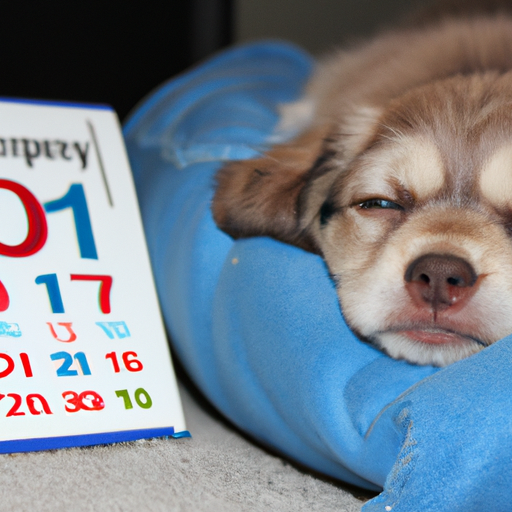As a new puppy parent, you might find yourself asking, “when do puppies get easier?”. It’s a question shared by caregivers everywhere. With this comprehensive guide, we aim to answer that and provide you with the knowledge needed to navigate puppyhood confidently.
Understanding Puppy Development Stages
Puppies go through several stages of development, each presenting its unique challenges and rewards. Understanding these stages can help you better anticipate and prepare for what’s to come.
- Neonatal Period (0-2 weeks) – Puppies are entirely dependent on their mother.
- Transitional Period (2-4 weeks) – Puppies start to open their eyes, ears, and begin to explore.
- Socialization Period (4-12 weeks) – Puppies are most receptive to new experiences and training.
- Juvenile Period (3-6 months) – Puppies enter a phase similar to ‘human teenagers’.
- Adolescence (6-18 months) – Puppies reach sexual maturity and may exhibit rebellious behavior.
The “Testing” Period
Your puppy will likely start testing boundaries between the ages of 4 to 9 months. This is a challenging period as your puppy is growing rapidly and exploring his or her independence. You may notice:
- Increased chewing on furniture and personal items
- Ignoring commands
- Showing signs of aggression
Remember, your puppy is not being bad intentionally; they are learning and testing their environment.
Establishing Routine
A consistent routine is essential for making the puppy phase easier. This includes:
- Regular feeding times
- Regular potty breaks
- A consistent sleep schedule
- Regular exercise and playtime
The Importance of Training
Training should start as soon as you bring your puppy home. The earlier you start, the easier it will be in the long run. Consider the following:
- Basic commands like sit, stay, and come.
- Crate training to create a safe space and aid in house training.
- Socialization, expose your puppy to various sights, sounds, and experiences.
When Does it Get Easier?
Most dog owners notice a significant shift in their puppy’s behavior around the 6-month mark. However, every puppy is unique, and it might take a bit longer for some.
| Puppy Age | Expected Behavior |
|---|---|
| 0-2 months | Complete dependency |
| 2-4 months | Learning and exploring |
| 4-6 months | Testing boundaries |
| 6+ months | Settling into routines |
The Role of Patience and Consistency
Patience and consistency are crucial during this time. It might be frustrating when your puppy ignores commands or has accidents, but remember, they are still learning. Your patience and consistent training will pay off in the end.
Celebrating Milestones
Remember to celebrate milestones, no matter how small. The first time your puppy sits on command, or sleeps through the night are worth celebrating. These are signs of progress and a testament to your hard work and patience.
FAQs
1. When do puppies sleep through the night?
Most puppies start sleeping through the night around 16 weeks.
2. How long does the “chewing” phase last?
The chewing phase can last until your puppy is around 6 months old, which is typically when they finish teething.
3. When will my puppy be fully house trained?
Most puppies can be reasonably house trained by 4 to 6 months of age.
4. When will my puppy calm down?
Most dogs begin to calm down as they transition from puppyhood to adulthood, typically around 12 to 36 months.
In conclusion, although puppyhood can be challenging, it’s also a rewarding time full of growth and bonding. With patience, consistency, and understanding, you’ll soon find that it does indeed get easier.



